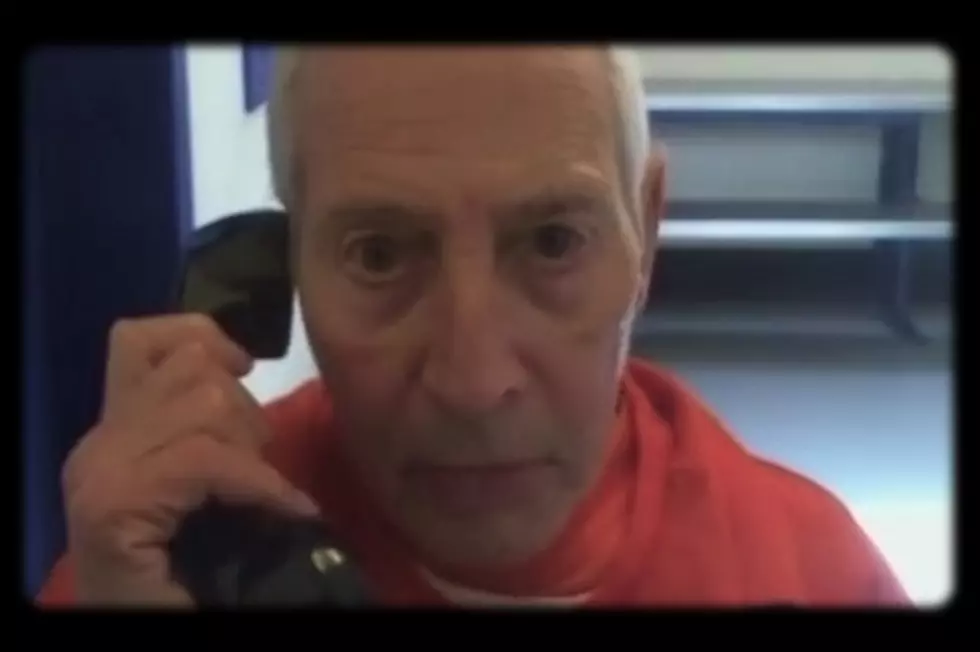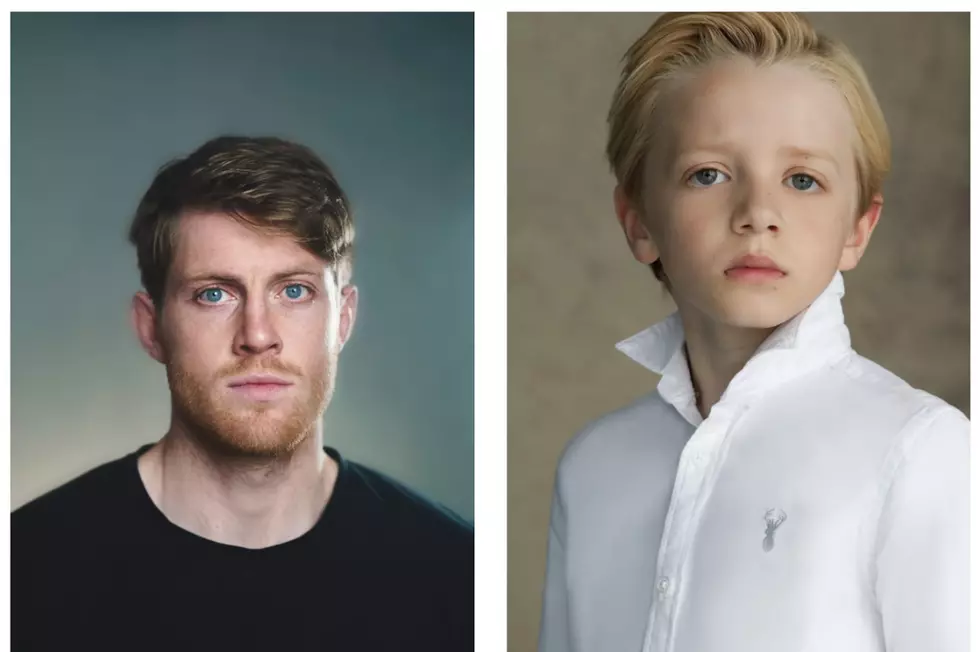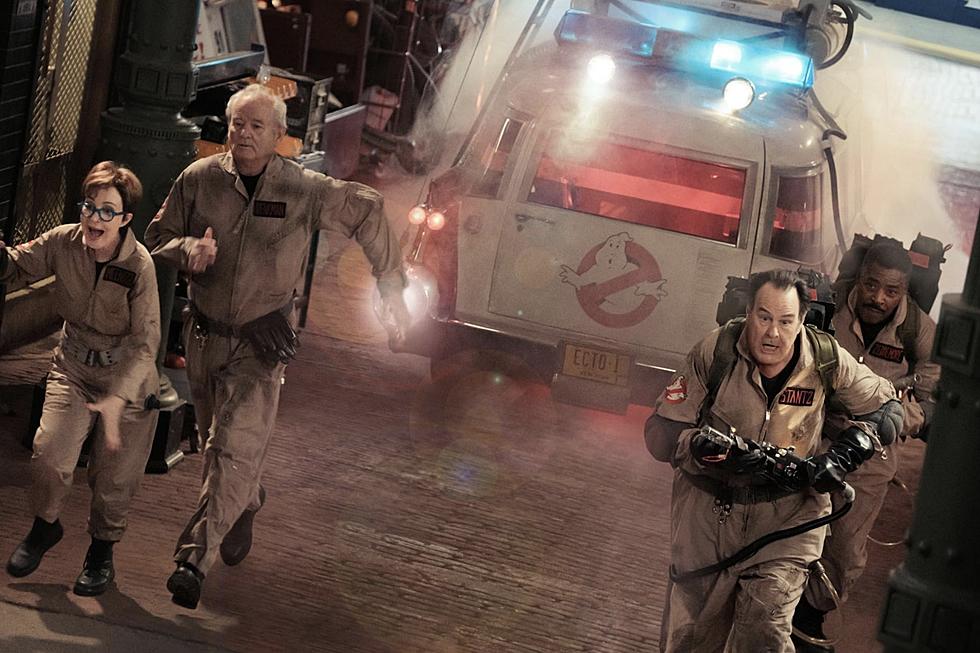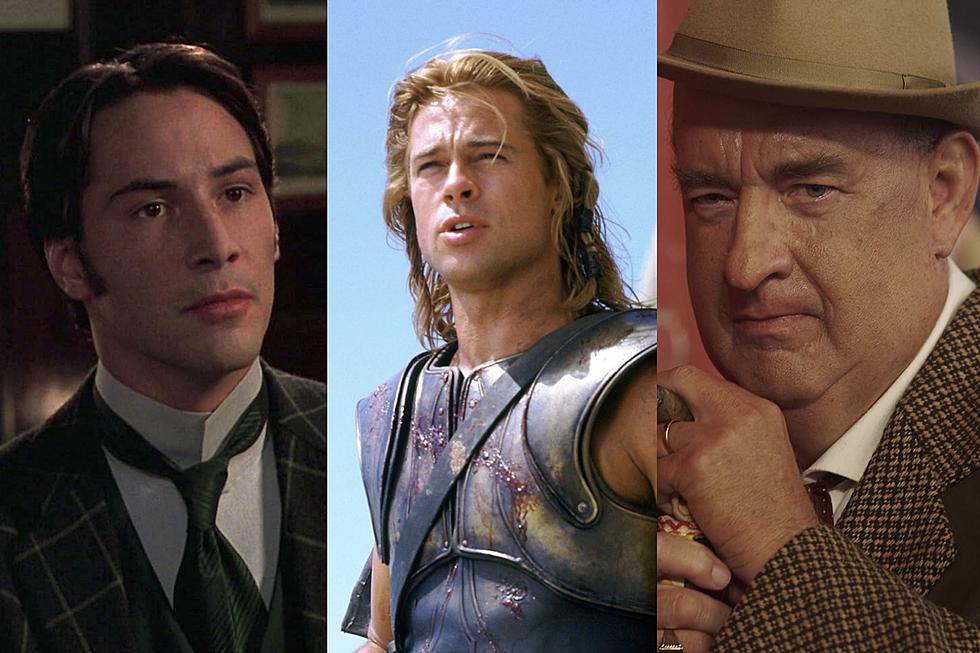
‘The Leftovers’ Season 3 Review: A Satisfying Final Season to TV’s Most Ambitious Drama
How do you end a show set after the end of the world? It’s a question I’ve been wondering since the very beginning of The Leftovers, a series about the search for answers and explanations where there are none, about coping with the past and learning how to survive in the present, but rarely looking towards a future. For the characters of the HBO series, The Sudden Departure – a Rapture-like event that saw 140 million people suddenly vanish from Earth – was the final page of their stories. Some drowned in misery, some sought refuge in violent blackouts, others joined cults. Damon Lindelof’s mysterious post-apocalyptic drama has been about the tireless search for meaning as much as it is about finding peace in ambiguity. In its third and final season, the series is weaving those together more ambitiously than ever.
The HBO drama took a sharp turn in its second season, revamping the dread of the brilliant (if flawed) Season 1 with newfound light and optimism. The show's secret ingredient, executive producer and director Mimi Leder, helped revitalize the series both visually and tonally by following Justin Theroux’s Kevin Garvey and Carrie Coon’s Nora Durst to the sanctuary of Jarden, Texas. It was a risky move, but it paid off tremendously and turned a great show into something phenomenal. In Season 3 that trend continues as Lindelof and Leder expand the show to new heights. You’d think a series that has only eight hours left to wrap up its already grandiose premise would play it safe and stick to a practiced formula. Instead, this season introduces a variety of wild, astonishing elements and takes its cast on new journeys, including a trip to Australia.
(The rest of this review contains minor spoilers for the first seven episodes of Season 3.)
The show opens with a flashback to another era, much like the cavewoman prologue that kicked off the second season. The sequence, stunningly directed by Leder, is set in a mid-19th century Quaker town where families prepare for what they believe is the impending Judgment Day. This sequence, scored to Christian band DC Talk’s “I Wish We’d All Been Ready,” is all about how faith can quickly turn from jovial to damaging.
The Leftovers often rides the line between questioning and empathizing with believers, and the show’s resistance to establishing a definitive stance on theological concepts is part of its allure. Lindelof has repeatedly said he isn’t interested in making another mystery box series. The big G-O-D isn't going to descend from the sky in a white robe and tell us what happened. The rest of the final season takes the devout just as seriously as it takes the agnostic, but eventually those lines begin to blur as the show asks Kevin, Nora, and the others how far they’re willing to let their faith take them.
The premiere episode, “The Book of Kevin,” picks up shortly after the events of the Season 2 finale only to quickly pivot in a shocking direction. Now is a good time to mention that if you’re a bit hazy on last season, I strongly encourage a rewatch, as this year features some returning characters and nods to previous episodes and Easter eggs.
Then we jump three years into the future, just weeks away from the seventh anniversary of the Departure which many believe will bring a second Rapture. Despite the gurgling panic of another looming apocalypse, Jarden, Texas, now open to all residents, is once again a town buzzing with joy. Kevin, now the Jarden Chief of Police, is actually smiling and laughing, Nora cracks jokes, and the nuclear Garvey-Murphy-Durst family comes together for a cheery birthday dinner. All seems well, but this is The Leftovers, where trauma follows like a shadow even when you refuse to acknowledge it. If the first season was about processing the pain of the Departure and the second was about escaping the ghosts of it, the third is about what happens when a false sense of comfort begins to melt away. The Leftovers’ characters are still deeply wounded, and this year they’re getting a chance to fully come to terms with their suffering and finally gain agency over it.
It’s difficult to discuss the first seven episodes that were sent to critics, not only to protect spoilers, but because this season is so dense with complex ideas. Each hour of the new season demands a second viewing. Nora gets a powerhouse showcase in “Don’t Be Ridiculous,” where a possible scam about reuniting people with the Departed forces her to confront the grief she ran from last season. In “It’s a Matt, Matt, Matt, Matt World,” Christopher Eccleston’s priest contemplates the intentions behind his stalwart faith for the first time. And Amy Brenneman, this season’s MVP, gives a standout, gut-wrenching performance in “Certified” that reveals what happened with Laurie following October 14. And then of course there’s Theroux, who does some of his best work to date in the penultimate episode, “The Most Powerful Man in the World (and His Identical Twin Brother).” Without spoiling too much, you do get a double dose of Theroux in that episode, plus the return of the Kevin’s infamous sweatpants. (No jogging though, sorry.)
As invested as these episodes are in each character’s personal narratives, this season also threads the micro into the macro more expertly than ever before. Scott Glenn returns as Kevin Sr. for a wild, feverish adventure across the Outback in an attempt to save the world. Could he be a prophet destined to prevent another apocalypse? Or is Theroux’s Kevin the Chosen One? It’s certainly no coincidence the season premieres on Easter Sunday with an episode titled “The Book of Kevin” that directly jokes about Kevin being Jesus Christ himself. Lindelof is teasing us more than ever, and he’s having a damn good time while doing it.
That sense of fun is what stands out about this season. I couldn’t believe how many times I laughed out loud watching a series about loss and death. That humorous tone is largely due to the clever use of music, which often comments on the action taking place in either playfully cynical or ironic ways. After a sequence about an attempted suicide, the lyrics of KRS-One’s “Moshitup,” blare over the soundtrack. In “Don’t Be Ridiculous,” Nora and Regina King’s Erika cathartically jump on a trampoline as a Wu-Tang Clan song plays. (That episode’s writers are credited as “Tha Lonely Donkey Kong & Specialist Contagious,” names from the Wu-Tang Name Generator.) Those meta jokes were scattered across Season 2 – remember when Patti rick-rolled Kevin? – and it gave the show the room it needed to breathe. Only The Leftovers could balance such weighty topics with humor, and it’s what makes it unlike anything else on television.
At this point, I can tell you I still have no idea how the series will end, and I don’t really mind that. The first seven episodes are so emotionally rewarding, narratively ambitious, and perfectly acted that they don't require a neat and tidy conclusion. Based on how well this season honors the show’s ambiguous spirit, I have faith that Lindelof and his team will give us the satisfying finale we want. No matter where the final hour of The Leftovers takes us, I’m confident this is a show we’re going to be talking about for a long time.
More From ScreenCrush









